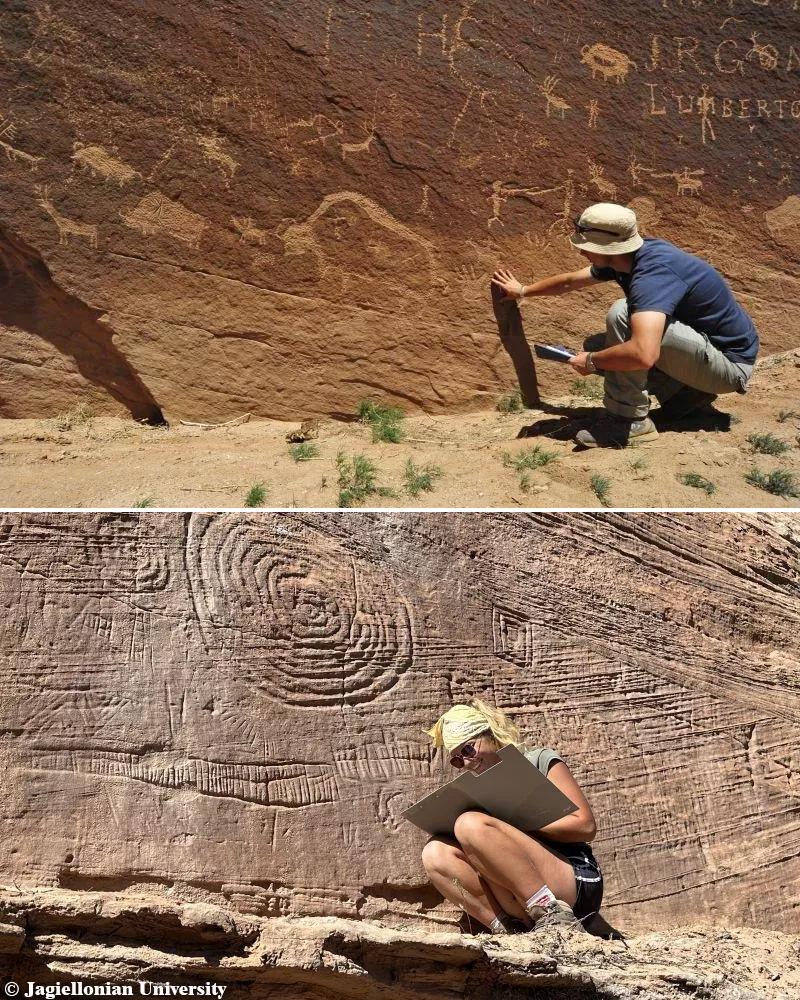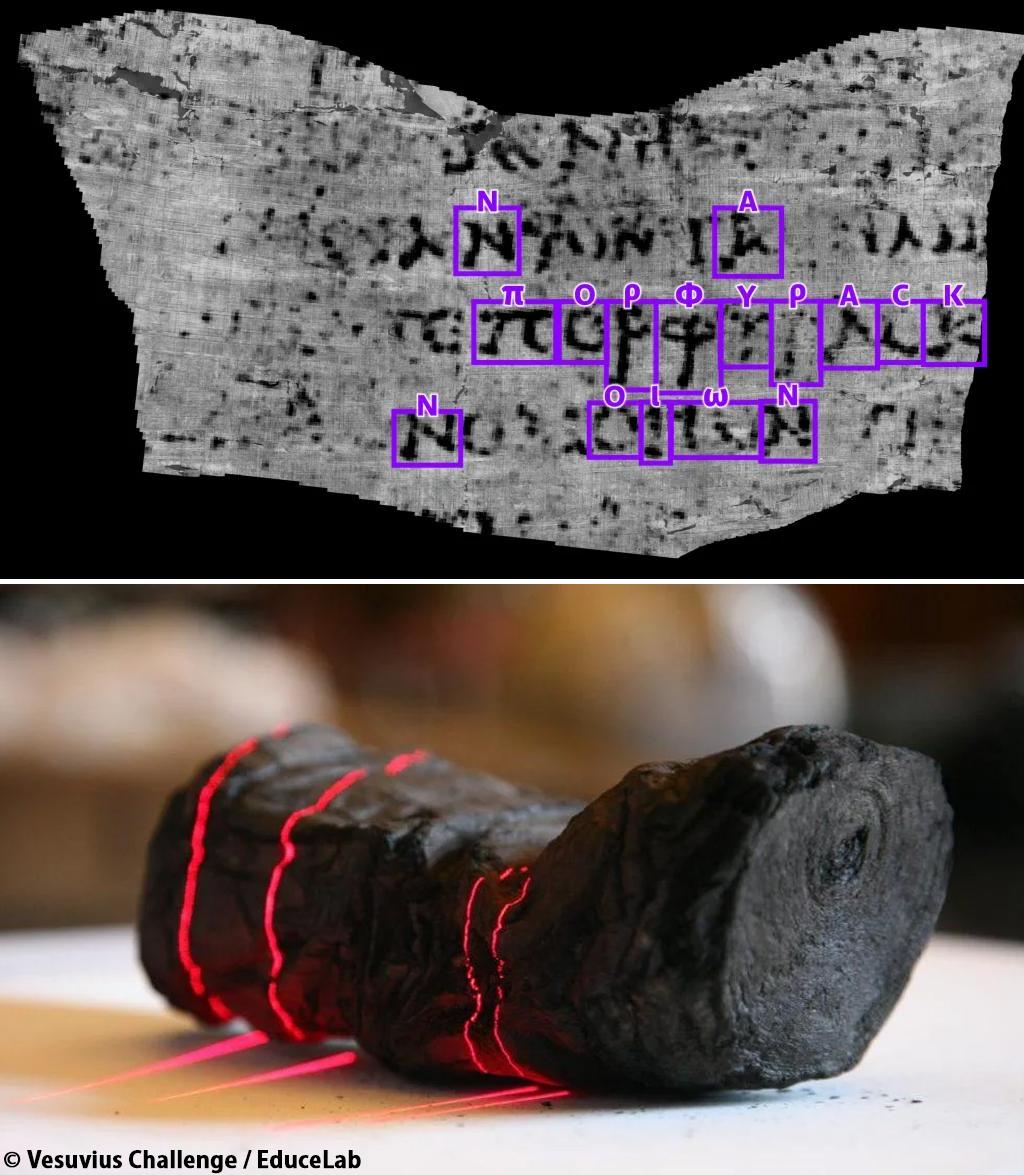Perched on the southern slopes of Mount Parnassus, overlooking the sweeping valley of Phocis, the Delphi Theater is more than just an archaeological relic; it is a profound testament to the cultural and spiritual life of ancient Greece. Built in the 4th century BC, this theater was an integral part of the sanctuary of Delphi, home to the famed Oracle and a center for religious festivals and the Pythian Games.
The theater of Delphi, as captured in the stunning image, is cradled by rugged mountains, with its stone tiers harmoniously blending into the natural landscape. This magnificent setting not only enhanced the theatrical experience with its breathtaking views but also symbolized the connection between divine inspiration, nature, and human creativity.

Constructed to hold an audience of around 5,000 people, the theater was primarily used for dramatic performances and musical competitions during the Pythian Games, which were held every four years to honor Apollo, the god of prophecy, music, and the arts. The semicircular orchestra and the tiers of limestone seats cascade down the hillside, each row intricately carved from the mountain itself, showcasing the extraordinary engineering skills of the ancients.

The design of the Delphi Theater, with its open stage and vast, rounded auditorium, exploited the theater’s natural acoustics, allowing even those seated at the highest tier to hear the actors without the need for amplification. This acoustic ingenuity is a hallmark of ancient Greek architecture, reflecting a deep understanding of sound and its propagation.
Today, the theater remains a focal point for visitors to Delphi, offering a window into the past where one can almost hear the echoes of ancient plays and choruses. The site is not only significant for its historical and architectural value but also for its cultural impact, having been a venue where art and religion were intertwined.

Beyond its role in entertainment and religious ceremonies, the Delphi Theater also serves as a poignant reminder of the civic pride of ancient Greek city-states. These communities invested significant resources in constructing theaters as places where citizens could gather, reflect, and be entertained, reinforcing the social and political fabric of the city-state.
The preservation of the Delphi Theater has been a priority for archaeologists and historians, ensuring that it continues to inspire and educate future generations about the grandeur of ancient Greek civilization. Efforts to maintain and restore the theater help sustain its legacy as a symbol of ancient cultural achievement and its role in the perpetuation of Greek artistic traditions.

For those fortunate enough to visit, the Delphi Theater offers a profound connection to antiquity, where the dramatic landscape and the enduring stone rows speak of a time when theater was as much a divine experience as it was an artistic one. The theater is not just an architectural wonder but also a vibrant cultural bridge connecting the present to an era when mythology, history, and art were seamlessly interwoven in the fabric of everyday life.






